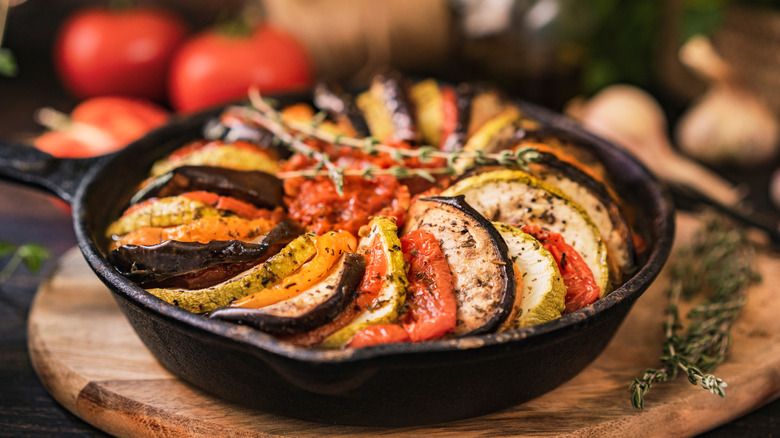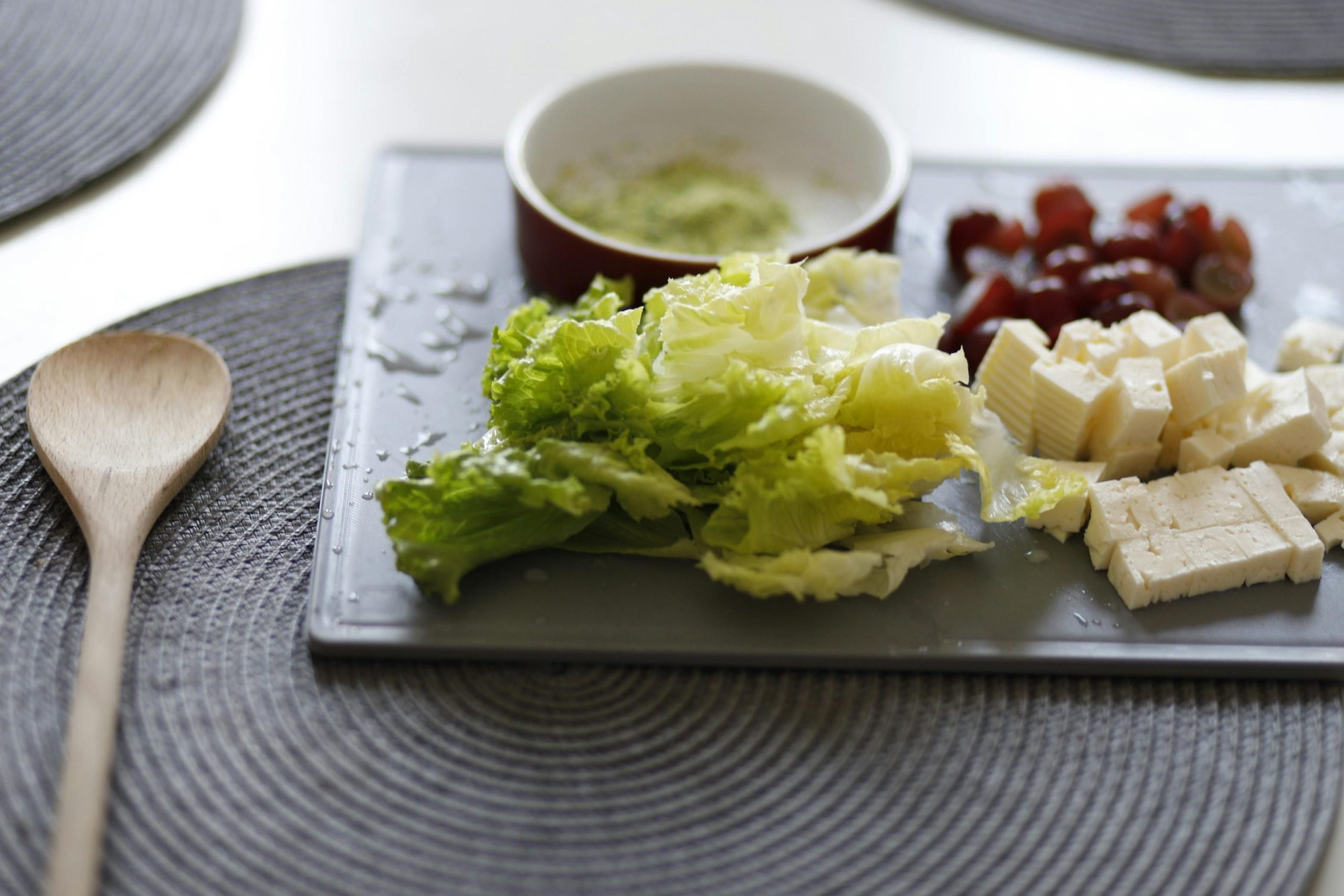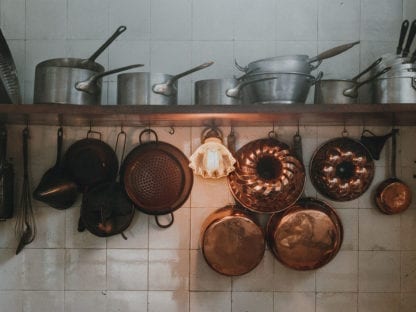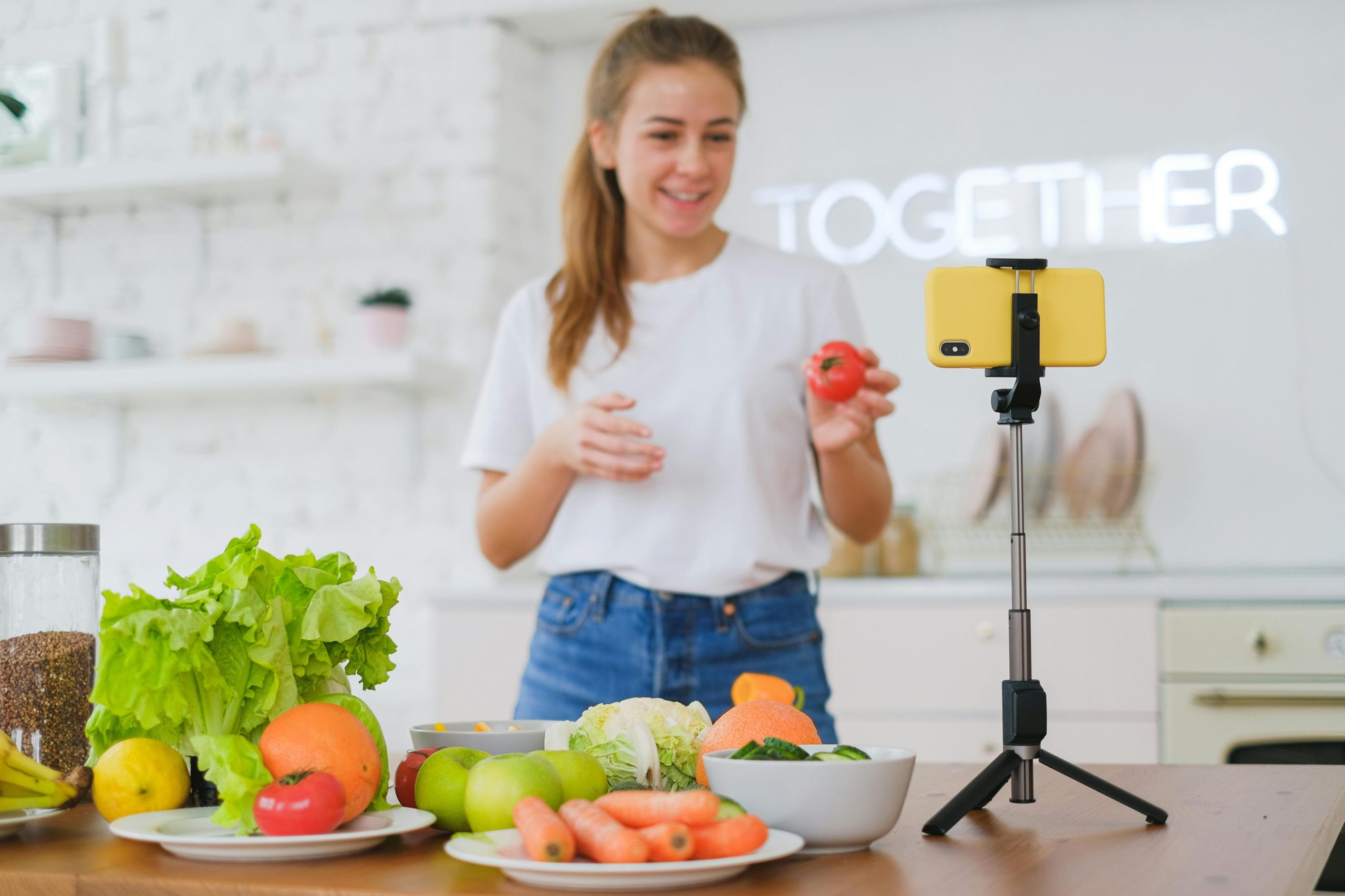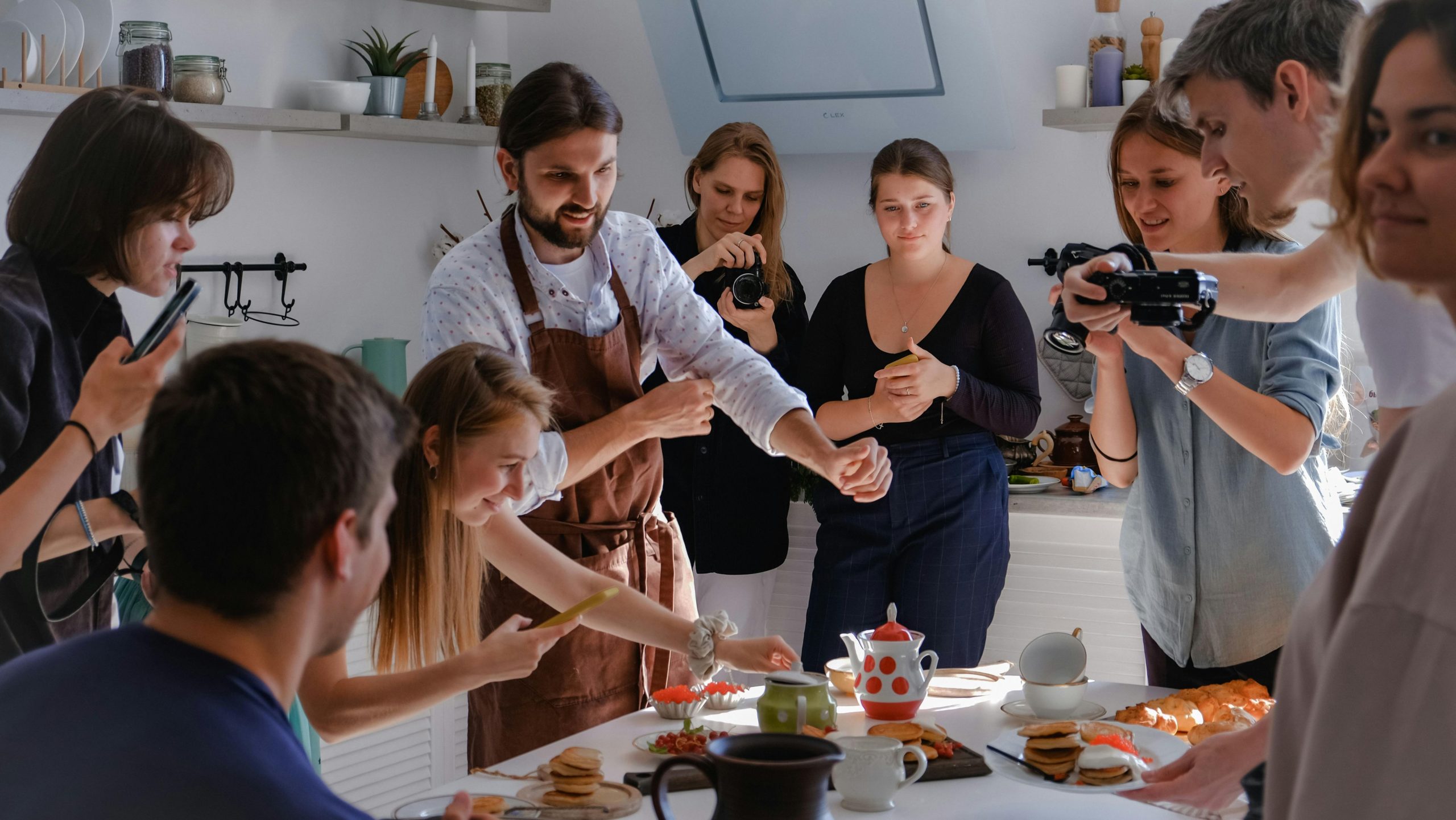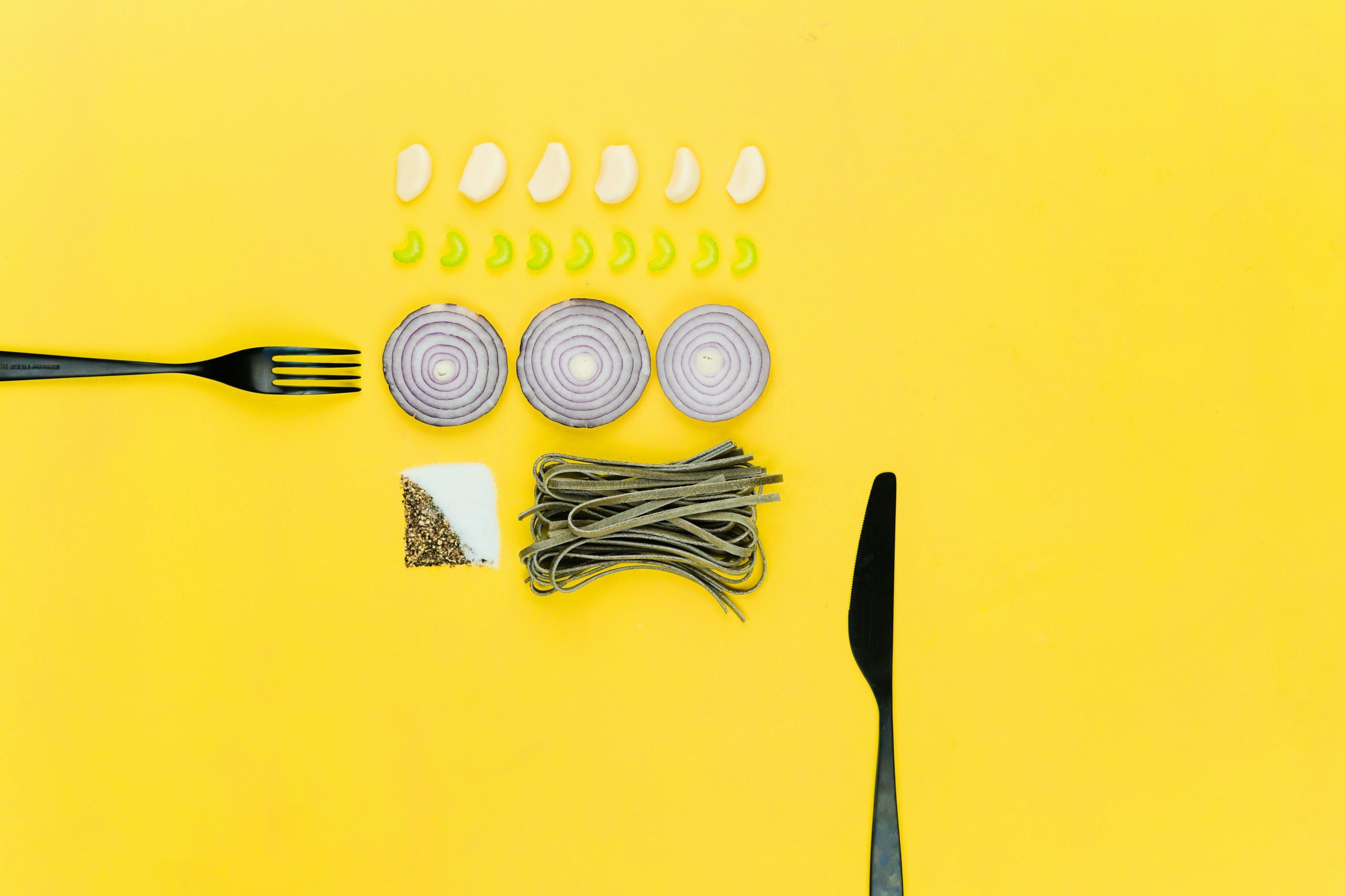Have you ever dreamed of mastering the art of French cuisine?
Whether you’re a complete beginner or looking to refine your culinary skills, navigating the world of French cooking courses can be overwhelming.
The Lenôtre School offers a structured 6-week program that covers everything from basic recipes to advanced techniques, ensuring a comprehensive learning experience.
In this guide, we’ll explore the program structures, key content, top cooking schools in France, and much more to help you choose the right French cuisine course that meets your culinary aspirations.
Understanding the Program Structure of French Cuisine Courses

French cuisine courses are structured to immerse students in both the theory and practice of French culinary arts. Typically, these courses range from a few weeks to several months, depending on the depth and focus of the curriculum.
Each course is usually divided into modules covering different aspects of French cuisine, from basic cooking techniques to advanced gastronomic concepts. Students engage in a mix of classroom learning and hands-on cooking sessions, providing a balanced approach to mastering the culinary arts.
Key Content and Skills Taught in French Cuisine Courses

In French cuisine courses, students are introduced to a broad range of culinary skills that are essential for any aspiring chef. These include, but are not limited to:
- Advanced knife skills and precision cutting
- Techniques for preparing stocks and sauces
- Methods of cooking like sautéing, braising, and poaching
Beyond technical skills, these courses also delve into the art of menu planning and the sensory analysis of dishes. Understanding flavor profiles and ingredient compatibility is emphasized to help students design their own menus that reflect both traditional and modern French cuisine.
Mastering New Recipes in French Cuisine Courses

French cuisine courses provide students with the opportunity to learn and master a variety of traditional and contemporary French recipes. From classic dishes like Coq au Vin and Bouillabaisse to modern interpretations of desserts such as Macarons and Crème Brûlée, the recipe repertoire is extensive.
Each recipe taught aims to develop a student’s technique and understanding of French cooking principles. Moreover, these courses often encourage creativity, allowing students to put their personal twist on classic recipes, thus fostering innovation and personal culinary style.
Top Cooking Schools in France for French Cuisine

France is home to some of the world’s most prestigious cooking schools, each offering unique programs designed to master the art of French cuisine. Le Cordon Bleu in Paris, for instance, is internationally recognized for its comprehensive courses in classic French cooking techniques and modern culinary innovations. Students at Le Cordon Bleu can engage in specialized programs ranging from professional pastry arts to advanced culinary management, all aimed at enhancing their skills and knowledge in French gastronomy.
Another notable institution is Ferrandi Paris, renowned for its rigorous approach and deep immersion into the culinary arts. Ferrandi provides a blend of theoretical knowledge and practical training, preparing students for a successful career in the culinary world. The school offers:
- Courses in French culinary essentials
- Advanced pastry and baking
- Art of wine and food pairing
These courses are designed to equip students with both the foundational and innovative skills needed to excel in the dynamic field of French cuisine.
Goals and Objectives of French Cuisine Courses
French cuisine courses are designed to not only teach students how to cook but also to deeply understand the culinary culture of France. The goals of these courses include mastering fundamental cooking techniques, learning to prepare iconic French dishes, and grasping the art of menu creation.
Students are expected to emerge from these courses with a robust set of skills that enable them to add a French touch to any culinary environment, whether professional or personal. From wine pairing fundamentals to developing a nuanced palate for flavors, these courses offer a comprehensive culinary education.
Advantages of Enrolling in French Cuisine Courses
One of the key advantages of enrolling in French cuisine courses is the holistic approach to culinary education. Students gain hands-on experience and theoretical knowledge, learning everything from basic knife skills to complex sauce-making techniques. This blend of practical and theoretical learning helps students to not only perform tasks but understand the ‘why’ behind them.
Additionally, French cuisine courses are known for their emphasis on high-quality ingredients and refined techniques. This focus helps students to:
- Appreciate the importance of ingredient selection
- Master the art of French cooking styles
- Innovate within the framework of traditional recipes
These elements make French cuisine courses particularly beneficial for those looking to elevate their cooking to a professional level.
Admission Process for French Cuisine Courses
The journey to becoming a student in a French cuisine course starts with understanding the admission process. Prospective students must meet certain prerequisites and qualifications, which typically include a basic understanding of culinary skills and, in some cases, a secondary education diploma. The specifics can vary by institution, so it’s crucial to review the requirements of each school you’re interested in.
Many schools also require submission of a personal statement or motivation letter along with the application. This document should clearly articulate your passion for French cuisine and your career aspirations. It’s an opportunity to stand out and make a personal connection with the admissions committee.
How to Apply to French Cuisine Courses
Applying to French cuisine courses involves several key steps. First, you need to choose the right school and program that aligns with your culinary goals. Once you’ve made your choice, visit the school’s official website to access the application form. Fill out the form meticulously, ensuring all required information is complete and accurate.
After submitting the online application, the next steps typically include paying an application fee and scheduling an interview. The interview can be conducted in person or via video call depending on your location and the school’s policy. It’s a chance to demonstrate your enthusiasm and readiness for the culinary challenges ahead. Remember, timely submission of all documents and fees is crucial to avoid delays in the admission process.
Teaching Methods in French Cuisine Courses
French cuisine courses employ a variety of teaching methods to cater to the diverse learning needs of students. These methods range from hands-on cooking sessions where students actively participate in the preparation of dishes, to theoretical lectures that delve into the history and principles of French culinary arts. This blend ensures that students not only learn how to execute techniques but also understand the reasoning behind them.
The hands-on sessions are particularly crucial as they allow students to directly apply culinary techniques under the guidance of professional chefs. These sessions typically include:
- Demonstrations by instructors followed by student practice
- Group projects where students collaborate to prepare complex dishes
- Individual assessments to evaluate progress and mastery of skills
This practical approach helps students to refine their skills and gain confidence in their cooking abilities.
Premises and Facilities for French Cuisine Courses
The ambiance and facilities of a culinary school significantly enhance the learning experience for students. High-end kitchens equipped with state-of-the-art appliances are standard in top French cuisine schools like Le Cordon Bleu and Ferrandi Paris. These schools provide spacious, well-lit kitchens that simulate a professional culinary environment, ensuring students are comfortable and prepared for real-world kitchen scenarios.
Beyond the kitchens, these schools often feature additional facilities to support comprehensive culinary education. These might include:
- Libraries filled with culinary texts and resources
- Wine cellars for enology classes
- Meeting rooms and auditoriums for lectures and demonstrations
Each element is designed to enrich the students’ learning experience, making them well-rounded culinary professionals.
Explore Bordeaux’s French Cuisine Courses
Bordeaux, renowned for its rich culinary heritage, offers a variety of French cuisine courses that cater to both beginners and advanced chefs. At the Institut Culinaire de France in Bordeaux, students can immerse themselves in intensive courses ranging from pastry arts to chocolate and confectionery. These courses are designed to provide hands-on experience and deep understanding of French culinary techniques.
The courses at the Institut Culinaire de France include options like a two-month Spring or Summer Camp in Pastry, and specialized bachelor programs in confectionery arts and entrepreneurship. Key highlights of these courses are:
- Intensive hands-on training in state-of-the-art kitchens
- Focus on mastering specific skills like chocolate artistry and pastry making
- Opportunities to learn business aspects of culinary entrepreneurship
These offerings make Bordeaux an attractive destination for aspiring chefs looking to specialize in French cuisine.
Rouen’s Specialized French Cuisine Courses
Rouen, recognized by UNESCO as a “Gastronomic City,” hosts specialized French cuisine courses that attract culinary enthusiasts from around the world. These courses, often held in collaboration with esteemed institutions like École Fauchon and French in Normandy, provide a deep dive into both traditional and modern French gastronomy. Students can expect to learn about:
- The preparation of regional dishes using local ingredients
- The art of French pastry and chocolate making
- Engaging with local producers such as cheese makers and market gardeners
The curriculum in Rouen is designed to be immersive, offering students hands-on experiences in a real-world culinary setting. Key components of these courses include:
- Mastering culinary techniques under the guidance of professional chefs
- Visits to local markets and producers to understand ingredient sourcing
- Opportunities to explore the hospitality sector by touring prestigious local establishments
These experiences not only enhance culinary skills but also deepen the students’ appreciation of French culinary traditions.
Enhance Your Culinary Journey with Indulge in Zurich
If you’re passionate about enhancing your culinary journey, consider exploring INDULGE’s unique food experiences in Zurich. These offerings are not just about tasting food; they dive deep into the culinary heritage of the region. You can expect to:
- Gain insights into the history and culture behind Zurich’s traditional dishes
- Enjoy exclusive Wine & Dine experiences
- Discover famous Swiss specialties through a signature walking tour in Old Town Zurich
Each of INDULGE‘s tours is expertly guided by local chefs and food experts, ensuring an authentic and enriching experience. Whether you’re a visitor eager to explore Zurich’s gastronomy or a local looking to rediscover traditional foods, INDULGE‘s tours provide an unparalleled opportunity to:
- Deep dive into Zurich’s culinary history
- Experience curated food experiences led by local experts
- Enjoy a blend of Swiss culinary specialties and international food scenes

